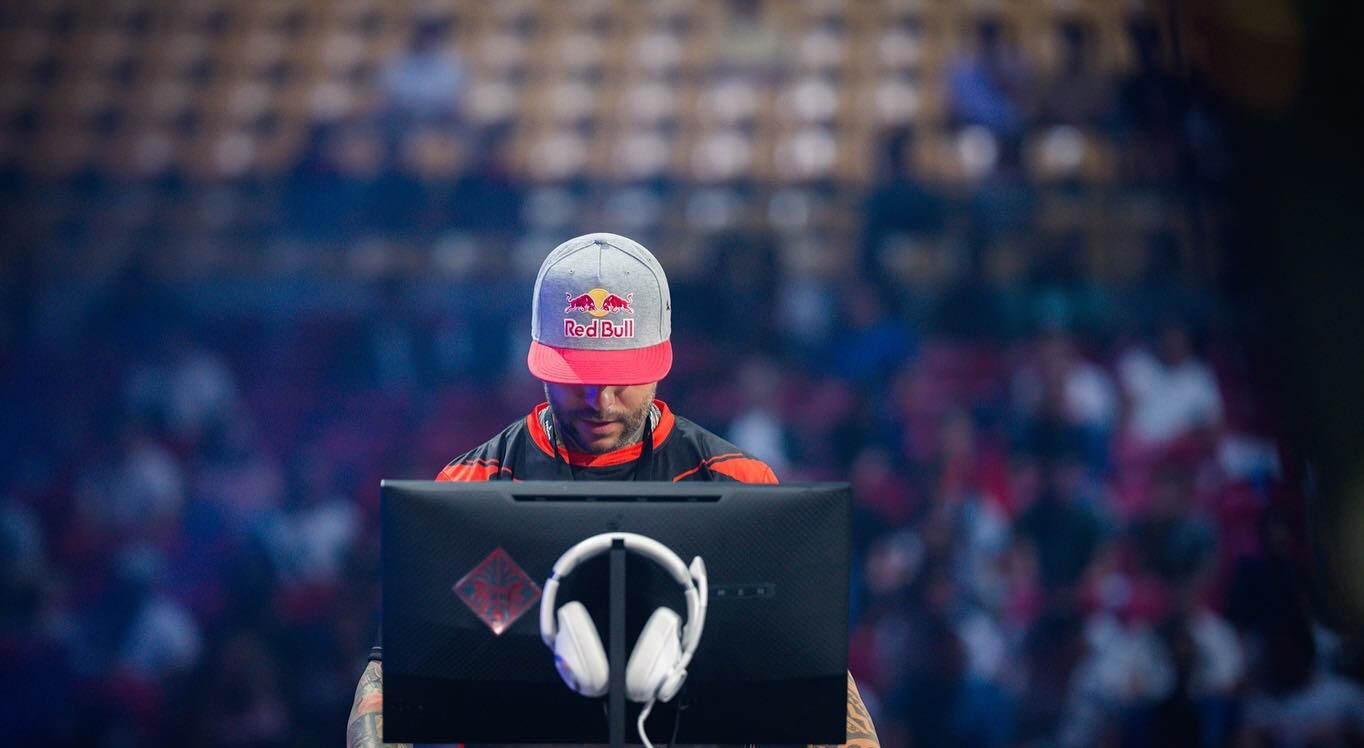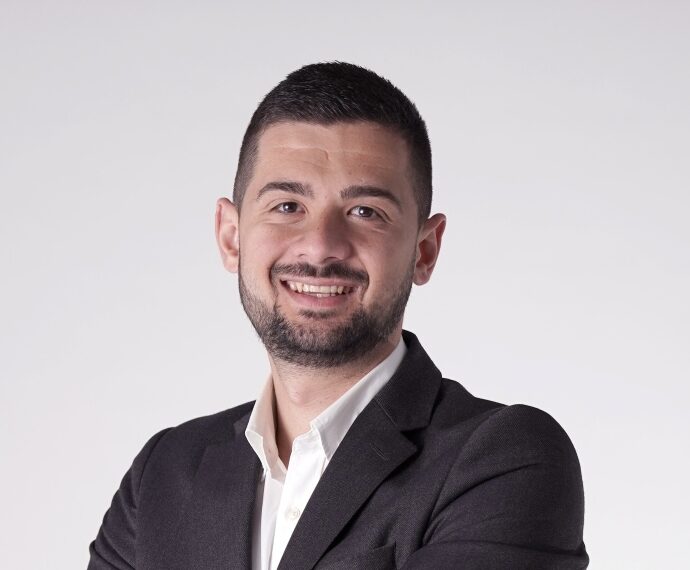Malta’s iGaming sector has been an integral part of the island’s financial prosperity for almost two decades, with the contribution of the sector to the country’s Gross Value Added (GVA), including its indirect effects, standing at 10.6 per cent as of the end of June 2020, according to the Malta Gaming Authority’s (MGA) interim report for 2020.
Over the same period, 8,009 people were employed – 90 per cent of which in the online sector – across 318 licensed companies.
However, how has the sector negotiated the challenges of the pandemic as we’ve come into 2021, and how does it remain on track to prioritise Malta’s reputation as a sound, and safe jurisdiction over these 12 months?
MGA appoints a new CEO

On 26th January, the MGA, the island’s iGaming industry regulator, announced the appointment of a new CEO, Carl Brincat – a lawyer with six years’ experience at the Authority.
His appointment followed the controversial resignation of the previous CEO, which kickstarted a highly competitive selection process, launched with a public call for applications on 17th December last year, with Dr Brincat’s appointment signaling a renewed emphasis towards bolstering Malta’s reputation, as a clean, transparent jurisdiction in the iGaming sector.
Indeed, Dr Brincat boasts experience in regulatory issues: following his graduation from the University of Malta, and three years of criminal law training, he joined the MGA as legal advisor in 2014, working his way up to the role of chief legal and enforcement officer, a position he held from 2019 until this year, and which cemented his participation in the formulation of the Authority’s strategic direction and its regulatory Committees.
Moreover, Dr Brincat sits on the board of the Financial Intelligence Analysis Unit (FIAU) – Malta’s primary body tasked with fighting money laundering and the financing of terrorism.
He is also a member of the Chamber of Advocates (Malta), the International Masters of Gaming law (IMGL), and the International Association of Gambling Regulators (IAGR), as well as having been a speaker in local and international conferences on gaming and international regulatory issues.
On his appointment, in January, Dr Brincat underscored the direction the Authority will be taking over the next few years, saying that, while he was “proud of the work that has been done by the Authority so far in raising regulatory standards”, he was “committed to ensuring that we continue along this path.”
Indeed, in his view, it remains essential – now, and for the foreseeable future – for the Authority to “cultivate stronger partnerships with other regulators and stakeholders, and the industry itself, to achieve a regulatory environment that accomplishes the MGA’s objectives as set out in the law in the most effective, transparent, and proportionate manner.”
More recently, Dr Brincat reiterated this stance, calling the gaming industry “resilient” – highlighting its ability to adapt to changing tides – while also emphasising the Authority’s efforts to ease bureaucratic procedures, and solidify Malta’s reputation internationally.
Moneyval assessments prompt overhaul of Malta’s anti-money laundering regime
These aims came under increased scrutiny in March, on the publication of a contentious article on Forbes’ high-profile online portal, written by its contributor on sport, politics and business, Will Nicoll.
In the piece, he called the island’s reputation into question, asserting that “scandals have been mounting [in the jurisdiction] since 2017”, and adding that “the extent to which Malta’s once-attractive remote gaming licence will now appeal to legitimate multinational gambling companies is – for now – unknown.”
In 2019, Malta had, in fact, failed to pass a first assessment by Moneyval – the monitoring body of the Council of Europe, which ensures compliance with international law in the areas of money laundering and the financing of terrorism. Then, the Government was given a year, later extended, to resolve a spate of issues, with the country risking being put on its greylist.
Considerable effort was – and continues to be – expended by all stakeholders in the field to solidify Malta as a trustworthy place of business, particularly in the iGaming sector, which, as of the first half of 2020, generated a total GVA of €449 million.
Indeed, just in the first six months of 2021, compliance, anti-money laundering regulation and investigative procedures, in cases of suspected abuses, have continued to be strengthened, also in response to international pressure and the feedback given by Moneyval.

As its publishers were completing this summer’s edition of iGaming Capital, however, the news emerged that, notwithstanding Moneyval’s recent overall positive review on Malta, the Financial Action Task Force (FATF) decided to greylist the country.
We sincerely hope that the Government and the relevant national authorities will do their absolute utmost to accelerate the reforms which started in 2020, whilst taking all major decisions that are necessary to ensure that Malta will be out of the greylist within the shortest timeframe possible, to minimise the damage on the country’s reputation and the economy, and to safeguard the future of the iGaming industry in Malta.
MGA and FIAU enhance collaboration to boost transparency and accountability

In January of this year, the MGA’s new reporting regulations, applicable to B2C sports betting operators, came into effect. The new obligations require instances of suspicious bets to be reported to the Authority through a new online platform – the Suspicious Betting Reporting Mechanism (SBRM).
Through the mechanism’s establishment, the MGA renewed its commitment to fair play in sports betting – a goal the Authority had also prioritised through the launch of the Sports Betting Integrity department, founded on 29th August 2019.
Along the same lines, in April, the MGA, together with the FIAU and the Malta Financial Services Authority (MFSA), published a review of Business Risk Assessments (BRAs) submitted by subject persons as part of Anti-Money Laundering/Combating the Financing of Terrorism (AML/CFT) compliance tests carried out by the three entities during the period 1st July 2019 to 30th June 2020.
The documents, entitled the Business Risk Assessment, provided an overview of the key findings on these BRAs and offered the opportunity for the MGA to urge all gaming licensees to ensure they possessed adequate procedures, covering all legal obligations.

Almost a month later, in May, the FIAU also published an Enforcement Factsheet containing findings and conclusions from an analysis of enforcement actions taken by the Unit in 2019 and 2020 – which highlighted the intense work being conducted in this regard.
Indeed, the Factsheet revealed the most common breaches across both financial and non-financial sectors, which included inadequate Customer Risk Assessments – at 11.37 per cent of all infringements – as well as in the area of Customer Due Diligence (CDD) with infringements on the gathering of information on the purpose of the business relationship. The latter stood at nine per cent of the total.
These initiatives were in line with a sustained level of collaboration between regulatory and enforcement agencies on the island, more generally. In 2020, the MGA and the FIAU had signed an updated version of their Memorandum of Understanding (MoU) to establish better co-operative instruments for the supervision of AML/CFT in the iGaming sector.
Moreover, the Authority had also organised a webinar training session for the industry focusing on common AML/CFT shortcomings; the emerging money laundering and terrorism financing (ML/TF) threats; and typologies in the wake of the COVID-19 pandemic and Digital ID methods.
Authorities strengthen efforts to combat financial crime
Maintaining this momentum, in the first six months of 2021, there was also an increased level of enforcement with regards to operators. Indeed, through its online portal, the MGA clarified its position with regard to certain suspect players – highlighting the lack of proper licences in some cases – even announcing the cancellation of licences belonging to stakeholders who failed to comply with their legal obligations.
This action was in line with the MGA’s support of the work of the police in weeding out, and punishing, errant entities or individuals.
In the arena of Virtual Financial Assets (VFAs), the Authority also recently published amendments to the Sandbox Regulatory Framework, which had been initially launched in 2019 to offer MGA licensed operators the opportunity to use VFAs, through a risk-based approach.
The new changes – which were announced in March – included an extension of the sandbox framework to 31st December 2022.
Moreover, the documentation and criteria required to participate were updated, with clarifications also issued on additional safeguards which may be imposed by the Authority to grant approval for participation in the framework.

Efforts made paved the way for a positive assessment by Moneyval, which stated that Malta had made “significant progress” in bolstering its prevention of financial crime.
And, while the Council of Europe deemed the country compliant, the FATF still decided to place it on the greylist, meaning that Malta will have no choice but to rigorously follow the advice and recommendations that will soon be issued by the FATF, and to implement the necessary changes in order to assure the global watchdog (and the entire world) that Malta’s intentions are good, and that the country has embarked on long-term reforms to protect the interests of the Maltese jurisdiction, with the ultimate aim of ensuring that the FATF will remove the island from its greylist at the first opportune time.
The past 18 months have not been easy on most industries, globally. However, despite the COVID-19 pandemic hitting societies and economies hard, the iGaming sector in Malta continued to grow and flourish.
Indeed, in the first half of 2020, the MGA issued 40 new licences for operators – some of which had started the application process the previous year. By the end June 2020, there were 318 licenced companies – both online and land-based entities – as well as 335 approvals to offer various types of games under the B2C licence, according to the MGA’s interim report.
This sustained growth – a trend consistent with the industries’ performance over the past few years – has increased pressure on recruiters and human resource departments in the business.
A virtual careers fair, organised by SiGMA at the end of 2020, highlighted this need for key staff to fill positions which were fast opening up. Moreover, in an interview conducted in April of this year, and published by Gambling Insider, Julian Perigo, Managing Director at iGaming recruitment company, Boston Link, stated that, while the number of Malta-based jobs during 2020’s lockdown seemed to plummet, this decrease has now been reversed with the number of opportunities reaching above pre-COVID levels.
Malta’s successful vaccination drive boosts industry optimism

This elevated sense of optimism has been partly driven by Malta’s successful handling of the pandemic. For while the island entered a soft lockdown from May to June 2020, and, later, from February to May 2021, the vaccination drive has spearheaded a degree of normality.
Indeed, the health authorities have announced that Malta’s entire adult population will be immunised by as early as the end of July 2021 – having reached herd immunity by end of May 2021 – putting the island on the forefront of progress in the area.
The iGaming sector has also focused attention on ensuring high levels of immunisation: the GamingMalta Foundation supported by the MGA launched a COVID-19 vaccination initiative, in which employees in the industry benefit from a coordinated vaccine booking schedule, operating in parallel with the state-wide programme, with some firms also offering on-site vaccinations.
iGaming companies embrace further flexibility with new work models

The sustained level of employment may also be attributed to the flexibility shown by the sector as offices were forced to close.
Indeed, the shift towards remote working for most operators in the sector – likely to remain in force through most of this year – ensured companies could continue functioning at optimum levels, despite the wider uncertainty.
It also allowed stakeholders to deal with the increase in customer traffic – as consumers shifted to online activities as other areas of the economy were seriously curtailed – and pushed human resource departments to think of innovative solutions to keeping the team unified and motivated.
Despite this, many are looking forward to getting back to some degree of normality, with networking events – such as the Casinobeats summit being held at the Intercontinental Malta, from 13th to 15th July, focusing on the theme of iGaming Development, Innovation and Strategy – already being lined up for the second half of the year.
Industry trends to watch
But what will the iGaming sector look like post-COVID, as regulation, and enforcement, continue to be tightened?
Some of the major trends which have been identified internationally include the continued growth of affiliate marketing, as well as the use of Big Data and Artificial Intelligence in the operations of stakeholders in the sector.
Mobile gaming is also set to continue garnering more popularity, while Virtual Reality games are poised to change the market in surprising ways.
For, as the world emerges from its pandemic slumber, armed with more powerful digital tools and increased accessibility to the online world, more immersive experiences will be in demand: statistics from Juniper Research – analysts specialising in digital technology market research and trends – predict an increase in VR gambling wagers by 800 per cent by 2024.
Whether this becomes a reality remains to be seen. However, in the meantime, the iGaming sector promises to remain a vital part of the Maltese economy, and society for the next years to come.
This article first appeared in the summer edition of iGaming Capital
Continue Reading
GCS Recruitment Malta Limited: Bridging talent with opportunity
GCS pairs local expertise with digital tools to connect employers and job seekers across key sectors, offering tailored hiring solutions
Malta Gaming Authority stresses it has no connection with phlove.org
The regulator warned consumers to only use MGA-authorised services
Phil Pearson bows out as CEO of White Label Casinos after nearly a decade of growth and grit
'I had the privilege of running it until last week'
Together Gaming Solutions plc reduces pre‑tax loss from over €3 million to €349,000
The iGaming platform provider announced an uplift in financial results following merger








